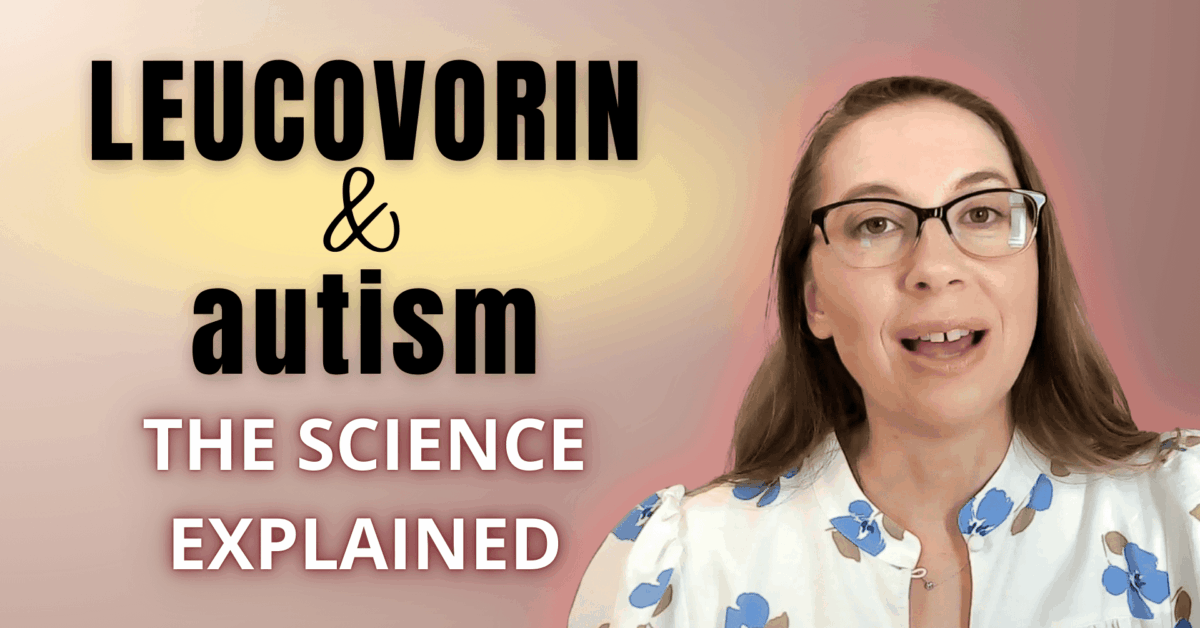Today, we are talking about black seed oil and what the research really says about it in the context of autism.
First, I want to be very clear. As of today, there are no published clinical studies that directly test black seed oil in children or adults with autism. That means no randomized, controlled trials, no long-term observational studies, nothing specific to autism in the scientific literature.
Now, you may see online claims about black seed oil helping with autism symptoms. I found those. ChatGPT also gave me links to certain websites that claim black seed oil improves certain aspects of autism, but there were actually no studies backing up that claim. Without published peer-reviewed studies, we cannot confirm these specific autism claims through science.
So what do we know from other research?
Just because there’s nothing done in autism doesn’t mean that black seed oil is not good. Let’s learn from other therapeutic areas as to what black seed oil has been beneficial or not in.
So while there are no published clinical trials testing black seed oil in individuals with autism, we do have solid evidence from high-quality studies showing its effects on general inflammation and antioxidant pathways in humans.
In 2024, a meta-analysis was done, which looked at a whole variety of studies done over a few years. Black seed oil was shown to have a significant reduction in certain key inflammation markers. So the C-reactive protein was reduced, the tumor necrosis factor alpha, TNF alpha, and MDA, which is a marker of oxidative stress.
Now, there was also a significant increase in superoxide dismutase (SOD) and total antioxidant capacity. These are good. You want to see them increase. Those are different antioxidants that really help the body be defensive.
These findings tell us that in humans, black seed oil can exert measurable anti-inflammatory and antioxidant effects.
Now, while these mechanisms are also relevant to brain health and different neurological pathways, we have to remember that this has not been tested directly in the autism population.
Why does this matter for you as a parent?
It’s important to understand the difference between biological plausibility and proven benefit. Just because the supplement works on a mechanism linked to autism doesn’t necessarily mean it will change autism symptoms in real life or that it is specific to your child. High-quality autism-specific studies are essential before making any strong conclusions.
But again, remember, the root cause of different symptoms in autism is different. If inflammation is not an issue that your child is dealing with, then black seed oil might not be appropriate. You want to get very specific.
If you’re considering black seed oil or any supplement for your child, the first step isn’t just to buy a bottle, try it, and see what happens. It’s understanding whether the science behind it applies to your child’s unique biological needs. Yes, inflammation is a real and significant factor for many individuals with autism, but it’s not for everyone.
If inflammation isn’t part of your child’s challenges, then chasing anti-inflammatory solutions could be wasting time, energy, money, hope, all of that.
Employ a strategy
That’s why it’s so important to have a strategy. Without one, it’s easy to get caught in the cycle of trying things, seeing a little change, moving on to the next ‘what-if’. A strategy lets you focus only on the interventions that are most relevant to your child. So every step you take is intentional and grounded in science.
Confused by all the information about autism? I’ve got you. Click the link to see how we can work together. Let me break down the science and provide you with clear, actionable steps to make your path forward easier.




